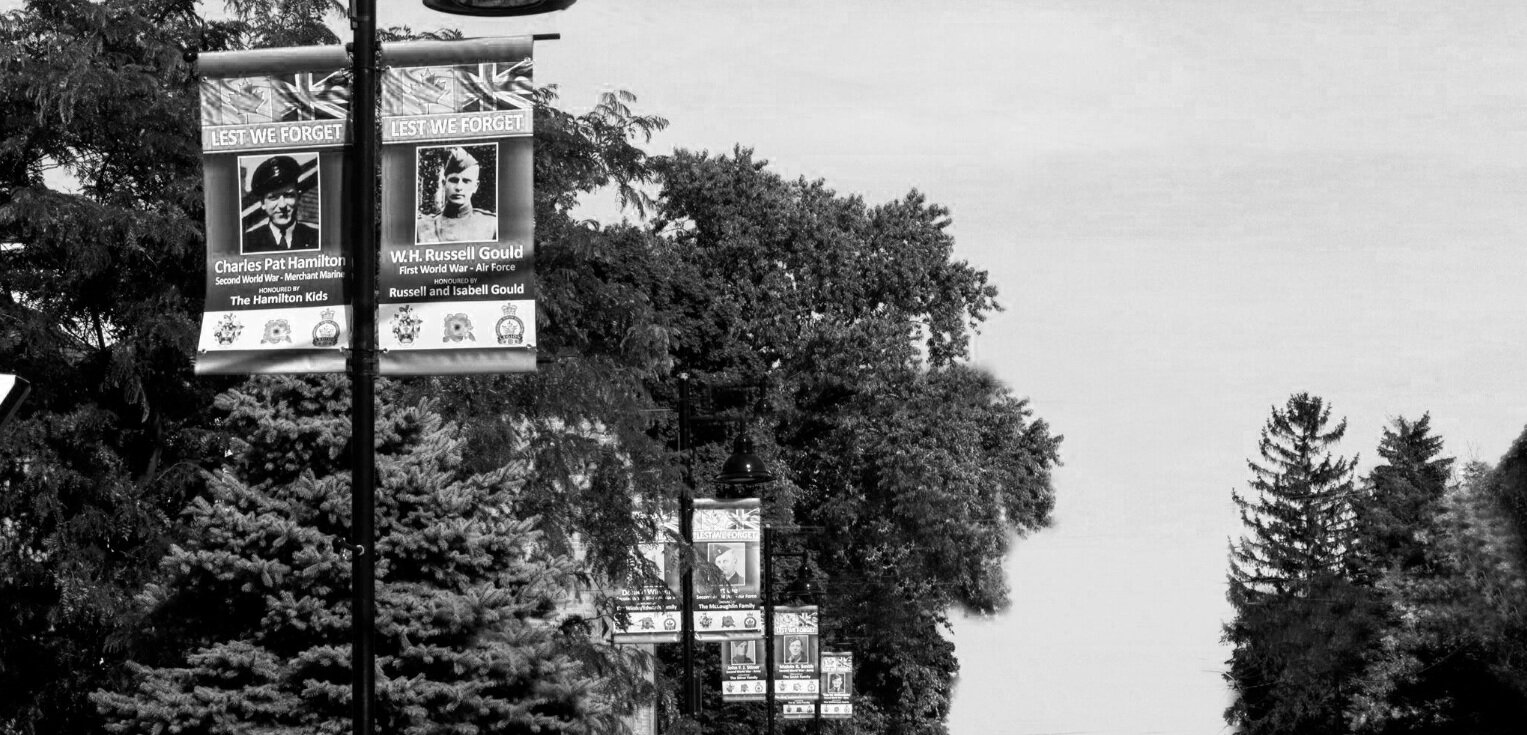
Joseph James Parks
Joseph James (Jim) Parks was born and grew up in Winnipeg, the son of a First World War soldier. He joined Army Cadets as a lad of 10, enlisted with the NPAM (Reserves) with the Winnipeg Rifles and then the Active Force Queen’s Own Cameron Highlanders at 15 years of age, and was transferred soon after to the Royal Winnipeg Rifles, with whom he remained for the duration of his wartime service. Even though he was underage, he found himself in training, first at Fort Osborne Barracks in Winnipeg, and then at Camp Delbert, Nova Scotia.
Jim sailed to England in August 1941 aboard the SS Orbita, and remained at Camp Aldershot, where they were they were involved with training exercises and the coastal defense of England.
Jim remembers that in 1943 the training started to ramp up, as they prepared for the inevitable cross-channel invasion, including 3 weeks of intensive assault training in Inverary, Scotland.
On June 6, 1944 Jim landed on Juno Beach at Courseulles-sur-Mer, as part of the assault wave attached to the Combat Engineers, Royal Winnipeg Rifles at H Hour, minus 2 minutes. His Assault Landing Craft hit a mine and was under heavy fire, forcing the men to jump into the water and swim ashore. Jim lost his Sten gun, but once reaching shore, he was able to gather a gun and kit from a fallen comrade. 133 men of the Royal Winnipeg Rifles were lost in the early morning assault.
Over the next month, the Royals moved inland. On June 8, 1944, Jim was involved in the Battle of Putot, where the unit faced a German counter attack, including the 12SS Hitler Youth Division. 261 casualties resulted, including the murder of 58 captured soldiers.
From Putot, Jim and the mortar crews continued to move inland where they faced intense fighting on July 2-4 at Carpiquet Airport. Jim survived the Battle of Carpiquet, which is known to the Regiment as “Hell Hole”, where the Regiment again sustained heavy losses.
At this point, the Canadian Army was concerned with clearing the channel coast, and Jim was involved in further combat at Cap Gris Nez (Calais), in September 1944; and at Breskins Pocket at the Leopold Canal during the Battle of the Scheldt in October-November 1944. The winter of 1944-45 saw Jim in the Nijmegan and Oosterbeec area of the Netherlands, where he was involved in patrolling the area and in February 1945 he moved into Hochwald Forest and Emmerich, Germany for the start of the ‘final push".
During the Liberation of the Netherlands, Jim participated in one last major battle in the capture of Deventer Holland, with 110 casualties.
Jim finished the war in Emsden, Germany as a Sergeant. He and some of the other men spent time in the Netherlands and in England, before boarding the ships to return to Canada.
We thank Jim for his service!
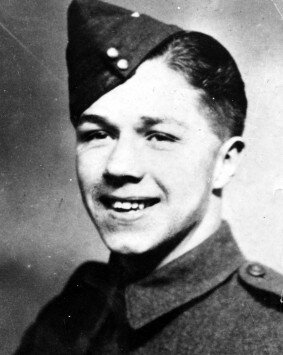

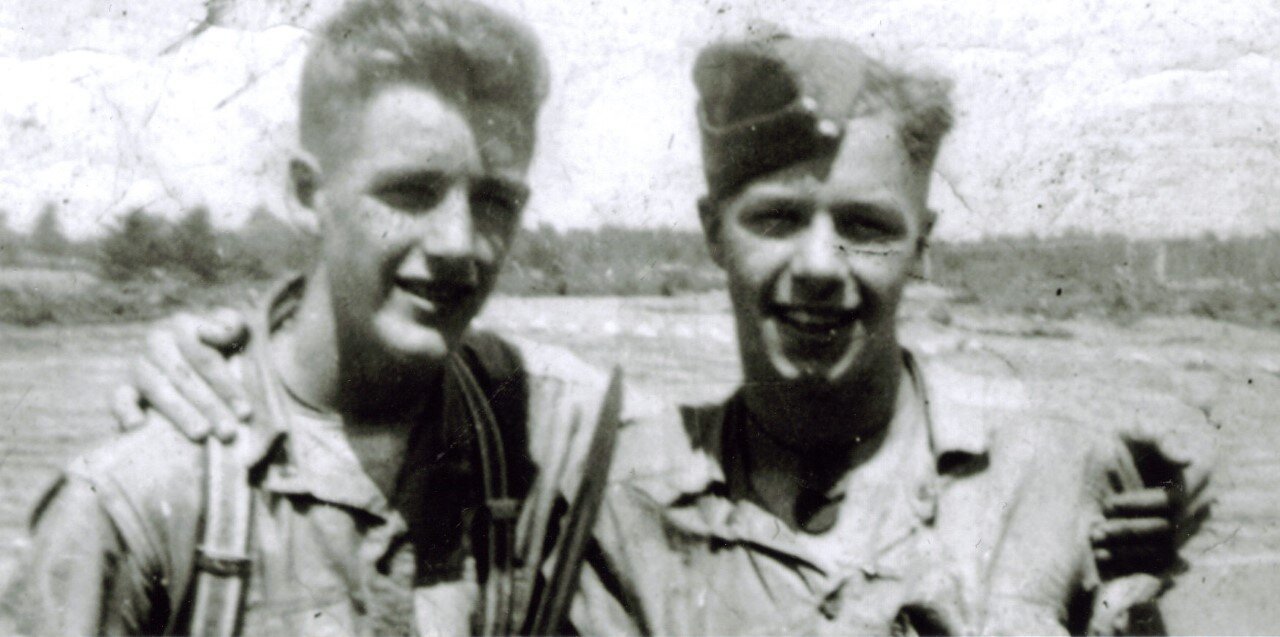
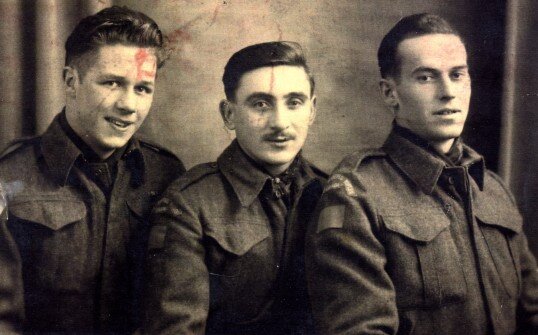

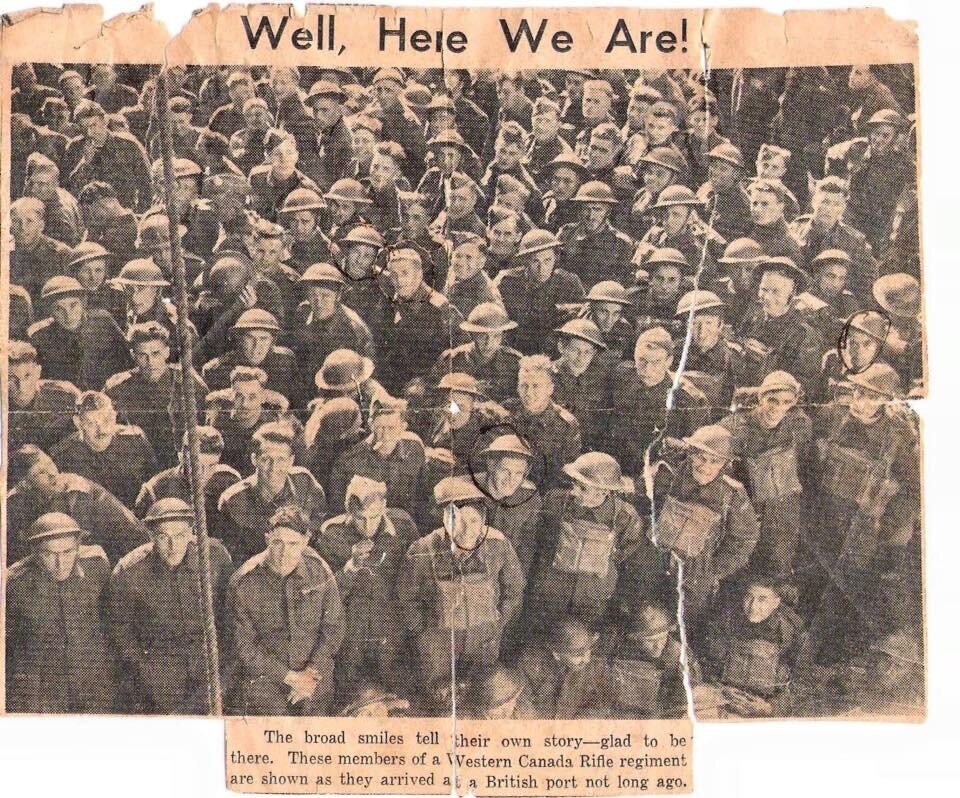



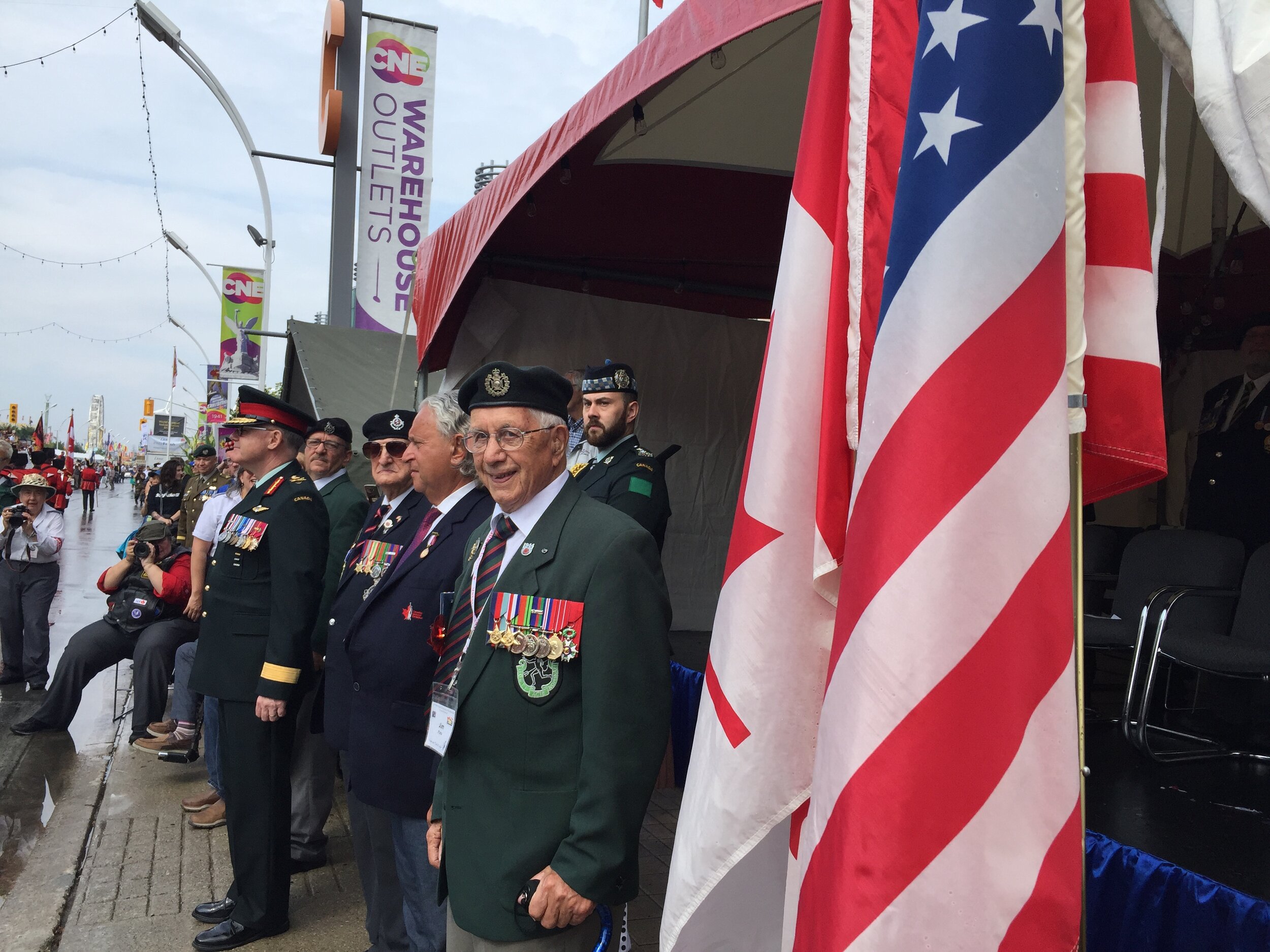
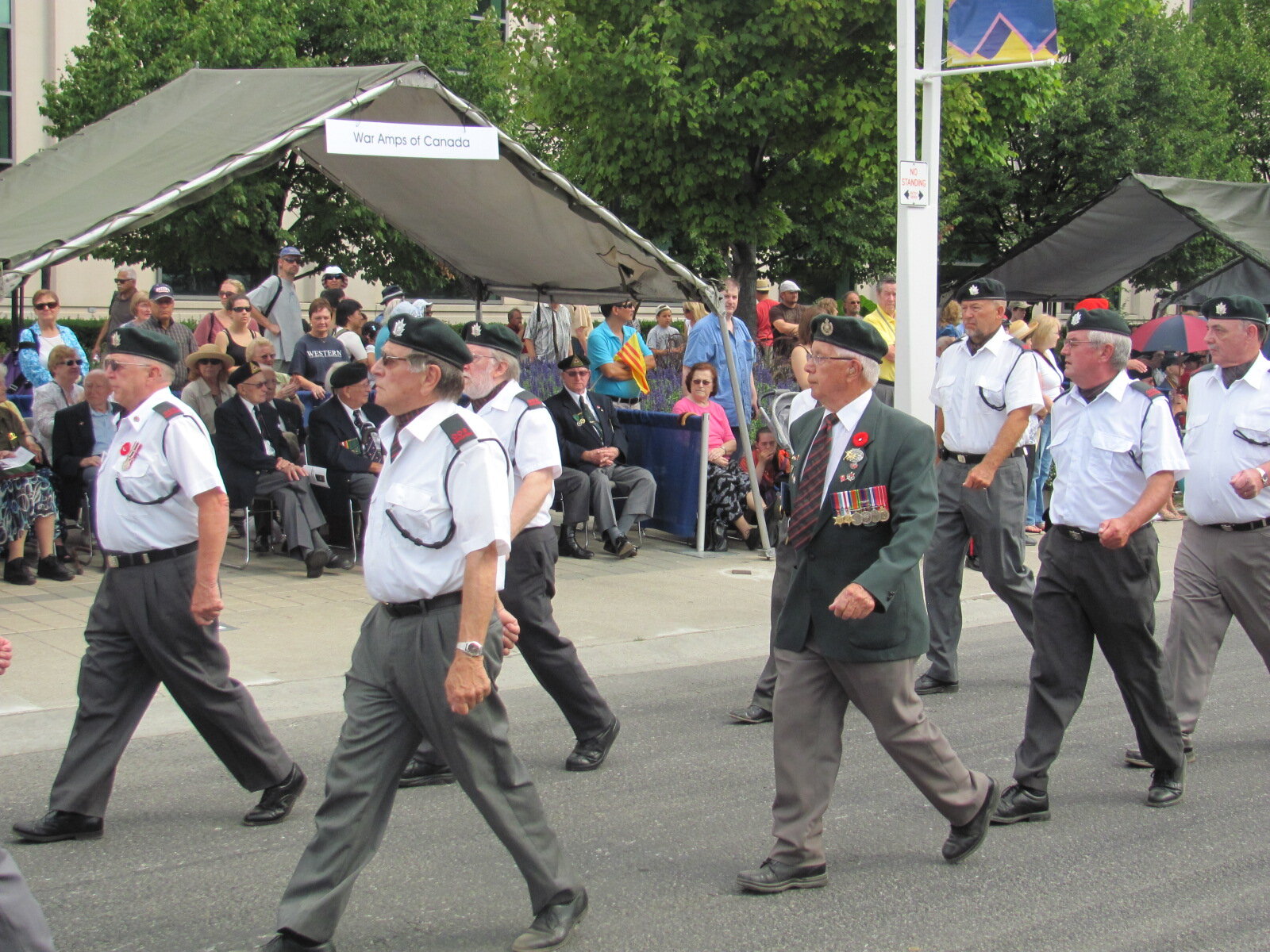




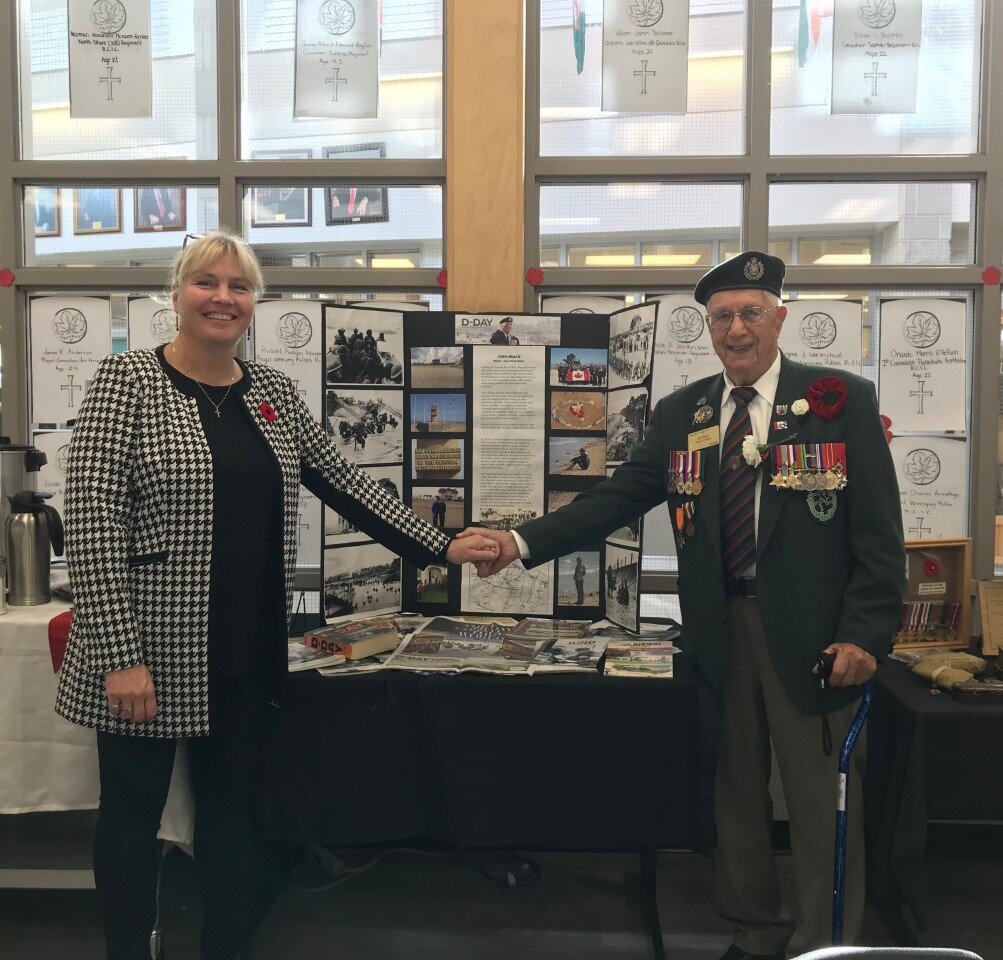
Jim Parks
D-Day veteran Jim Parks shares his experience as a rifleman with the Royal Winnipeg Rifles. He recalls his convoy crossing the Atlantic Ocean to Britain, his training in southern England and Scotland, and his experience landing on Juno Beach two minutes before the main assault wave. Finally, Mr. Parks reflects on the value of the Juno Beach Centre.
Video Credit - Juno Beach Centre

